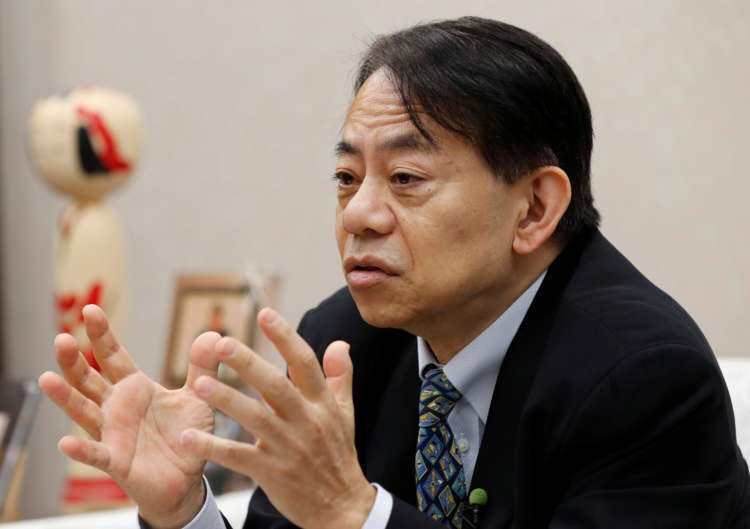Finance
ADB head urges fiscal resilience with eye on U.S. monetary normalisation
Published by linker 5
Posted on May 6, 2021
1 min readLast updated: January 21, 2026

Published by linker 5
Posted on May 6, 2021
1 min readLast updated: January 21, 2026

Explore more articles in the Finance category
